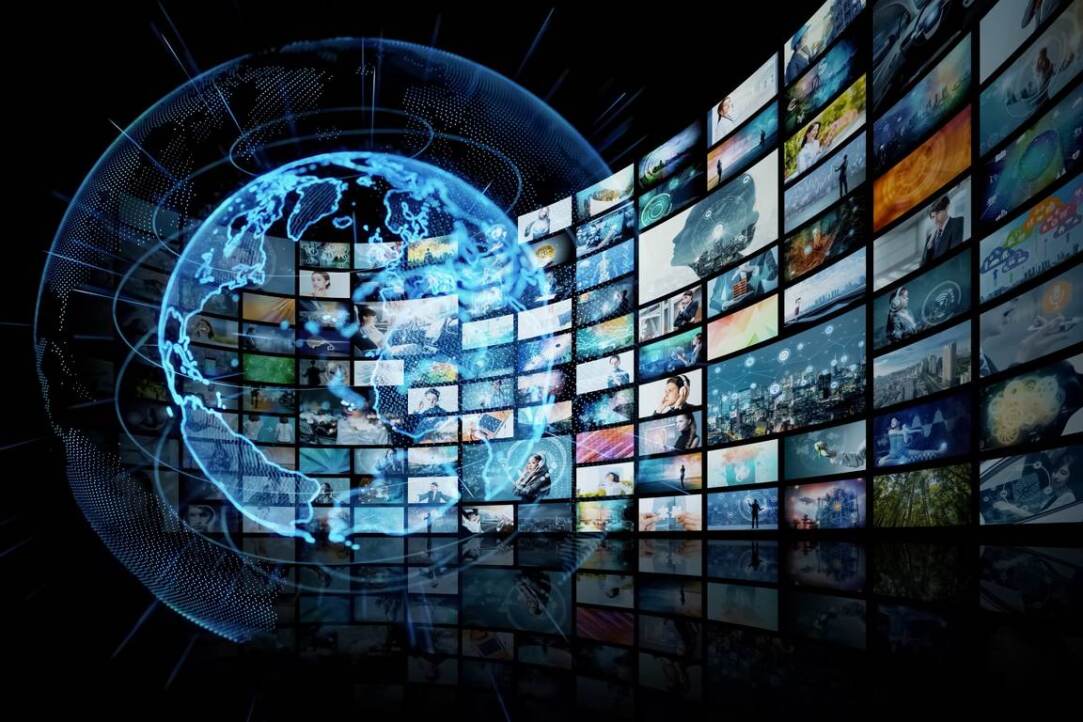Media Literacy: New Trends, Opportunities and Challenges of the Information Age

On November 8 and 9, HSE University hosted the All-Russian Conference 'Media and Information Literacy in Russia: Latest Trends.' The conference was organised jointly by the Russian Committee of the UNESCO Information for All Programme and the Institute of Media of the HSE Faculty of Creative Industries. The event was timed to coincide with UNESCO's Global Week of Media and Information Literacy.
Opening the conference, Nikita Anisimov, Rector of HSE University, underscored the importance of serious professional engagement in the realm of media literacy, and this event brought together many of these professionals from across Russia.

'Russia's international policy aims to advance our agenda in the best interests of the Russian Federation and to foster the development of our international relations. We at the university have been furthering the Eastern vector agenda by establishing offices and representative branches in Southeast Asian countries. For instance, just recently, we have opened an educational hub in Indonesia; this Thursday, there is an informational event scheduled in Malaysia, and on Saturday, our delegation will be heading to the Emirates. At the same time, HSE University and many other Russian universities are improving their positions in international rankings,' he emphasised.
The world today is experiencing an era of ubiquitous media expansion, according to Ernest Matskyavichyus, Director of the Institute of Media. Media literacy is becoming as essential for survival as basic literacy—the ability to read and write.
However, relying solely on media and information literacy is no longer sufficient. 'Time has brought forth certain critical concepts such as information and media security, as well as information and media hygiene. Violent and destructive conflicts, including global ones, have extended into the realm of media information. Hence, the role of a responsible individual with access to the broadcasting media and their audiences, the role of someone involved in the collection, analysis, shaping, and dissemination of content, becomes significantly more crucial. It is time to establish clear definitions so we may understand what specialists are required in the current market and determine how we should train them,' he believes.
Information literacy is one of the six priority areas of UNESCO's Information for All intergovernmental programme, said Sergey Bakeikin, Chairman of the Russian Committee of the programme. The Russian Committee was the first one established within the programme, and according to several UNESCO Directors-General, has served as the most advanced, flagship national committee.
'The Moscow Declaration on Media and Information Literacy, developed in 2012 through collaborative efforts of representatives from 40 countries, presented a pioneering, comprehensive understanding of this form of literacy for the first time globally, contextualised within an interdisciplinary approach to the opportunities and challenges of the information age,' Bakeikin said.
Today, the ability to navigate effectively in the information space requires entirely new skills. Acquiring such skills and abilities may impact the overall development of our higher nervous activity, according to Andrey Bystritskiy, Dean of the Faculty of Creative Industries. 'It is believed that Cro-Magnons had larger brains than contemporary humans, possibly due to their existence in a stressful, challenging, perilous, and constantly changing environment. I believe that the new information environment we find ourselves in will compel us to evolve and become smarter, as navigating this tumultuous ocean of information is indeed hugely challenging. Understanding what is happening and how, and being able to make use of it, is a difficult task. The volume of information being generated and disseminated today is so vast that it is problematic for any individual to manage. Navigating it requires new knowledge and skills,' he explained.
Given the proliferation of fake content generated by neural networks, the regulation of relevant technologies holds particular significance, according to Fyodor Kalaidov, member of the Secretariat of the Commission of the Russian Federation for UNESCO, and employee of the Department for Multilateral Humanitarian Cooperation and Cultural Relations of the Russian Ministry of Foreign Affairs.
The Recommendation on the Ethics of Artificial Intelligence adopted by UNESCO in 2021 recognises that the development of AI-based automated content generation technologies necessitates a commensurate increase in data, media and information literacy, Kalaidov said. He specifically mentioned the advanced Russian Code of Ethics for Artificial Intelligence, successfully promoted both in Russia and overseas.
Over 70% of young people worldwide use the internet, said Dr Prabhakar Rao Jandhyala, Member of the Bureau of the Intergovernmental Council of UNESCO's Information for All Programme, Chairman of the Working Group of Information for Development, and professor at the University of Hyderabad in India. Therefore, media and information literacy are essential for building a sustainable and inclusive society. According to Dr Prabhakar Rao Jandhyala, all countries need to formulate policies and strategies for the effective development of media and information literacy. He emphasised that this should be undertaken within the framework of national needs and cultural contexts.

